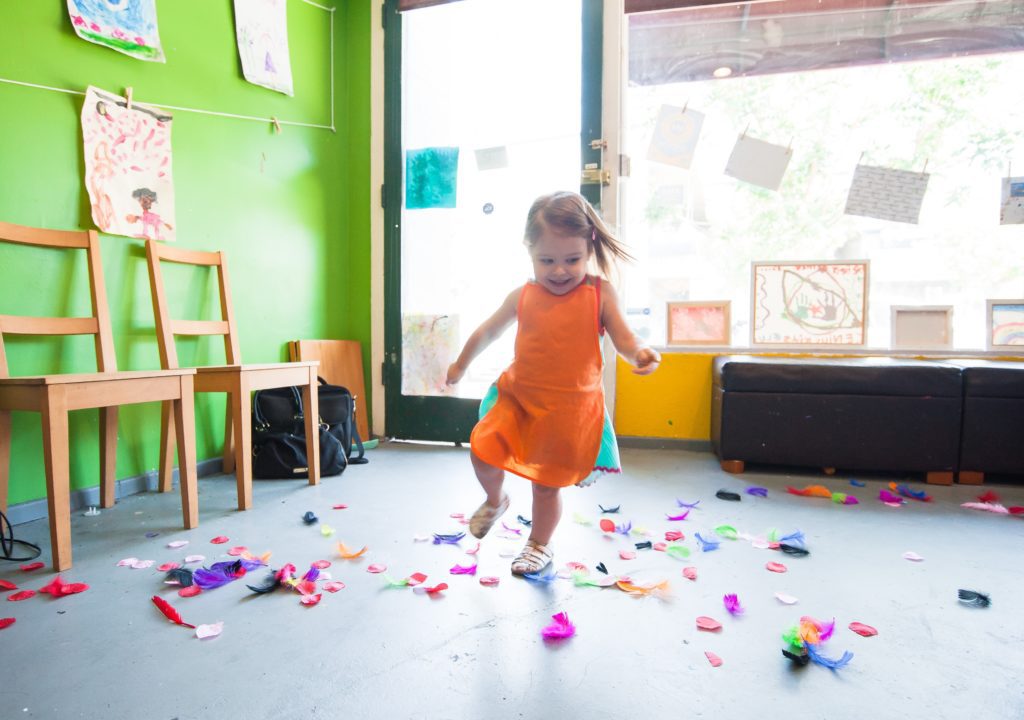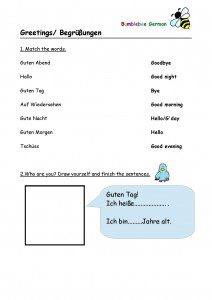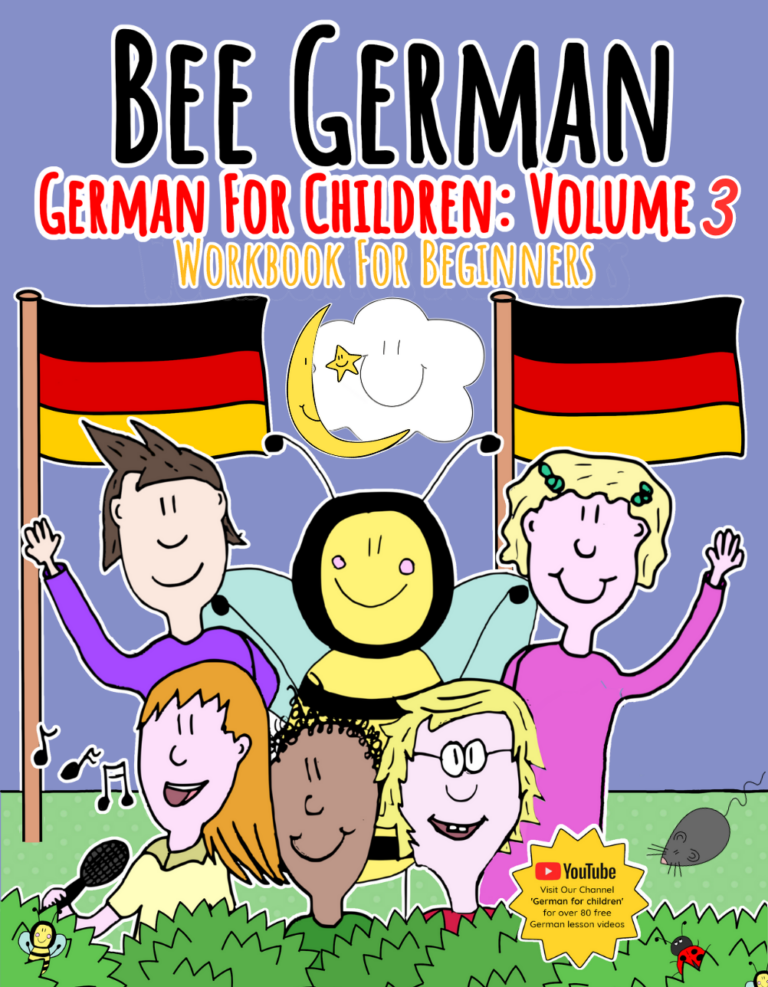Sometimes we all feel a little overwhelmed with everything. Therefore it is important to look at the basics or the most important things from time to time. It doesn’t matter how old you are or where you live, German can be a challenging language and we have to approach it in a specific way.
But first of all, what is “Basic German”? Basic German is everything you need to know in order to progress at a later stage. Basic does not mean easy, unimportant or forgettable. I always try to explain it to my students in this way: The German language builds up on an essential foundation. If you don’t get your basics right, the process of learning will be much harder.
Building a foundation
It’s the same with life, isn’t it? First of all we need to prepare for whatever accomplishments we seek. Preparations can be done mentally, sometimes they require physical fitness or skills. In the end, pretty much everything can be taught and learned. An interesting example are guitar lessons. Only recently I read in an article of a local newspaper, that you can “learn the guitar”. I think that this statement is rather confusing. Of course, you can learn how to play the guitar but you can not learn the guitar. What I mean is that, learning how to play an instrument is the beginning of an adventure. One can never assume to be finished with learning. Learning is a constant process. That means that you can not learn the guitar, however you can learn how to play it in order to practice new, more challenging songs at a later stage.
German is no different. When you create a solid foundation it will be easier to explore more challenging grammatical structures.
Basic German: My approach
Therefore in lessons for children it is essential to use a step-by-step process. Don’t start with the most difficult topics such as der/die and das. Start with very basic conversations and move up the grammar ladder by adding essential vocabulary.
For this reason I have created the following video with the most essential of all conversations!
The drawings are not the best but it was one of the first videos in which I used my own art work. (Sorry for the funny looking characters).
This video introduces a basic conversational structure.
- Guten Morgen! Good Morning! Guten Tag! Good day! Guten Abend! Good evening! Gute Nacht! Good night! Hallo! Ich heiße Lukas. Hello! I am Lukas. Wie heißt du? What’s your name? Mein Name ist Lotte. My name is Lotte. Ich komme aus Deutschland. Woher kommst du? I come from Germany. Where are you from? Ich komme aus Frankreich. I come from France. Ich bin 8 Jahre alt. Wie alt bist du? I am 8 years old. How old are you? Ich bin 9 Jahre alt. I am 9 years old. Wo wohnst du? Where do you live? Ich wohne in einem Dorf I live in a village. Guten Morgen! Ich bin 7 Jahre alt. Wie alt bist du? Good morning! I am 7 years old. How old are you? Hallo! Ich bin 5 Jahre alt. Hello! I am 5 years old. Schau! Dort ist eine Hummel! Look! There is a bumblebee! Auf Wiedersehen! Goodbye! Tschüß! Bye!
It is a really good idea to begin the first language lesson with these basics. If you are looking for printouts, you could have a look at my worksheets section.
The following worksheet is an older one but you might find it rather useful:





